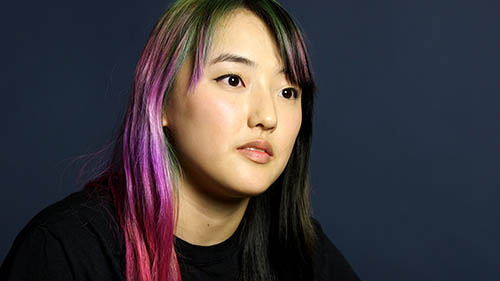
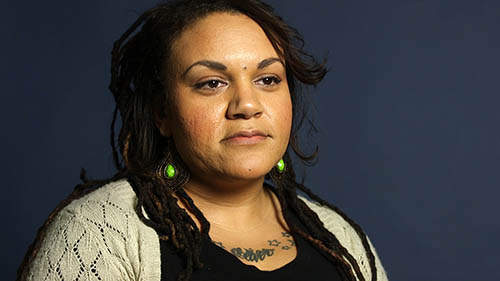
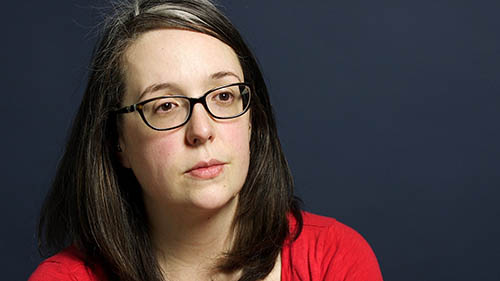
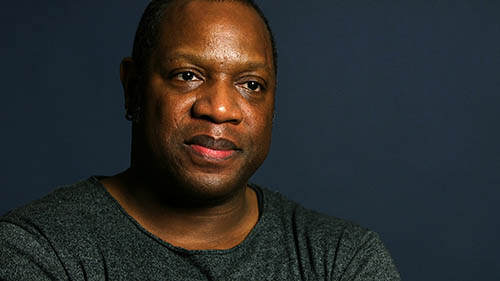
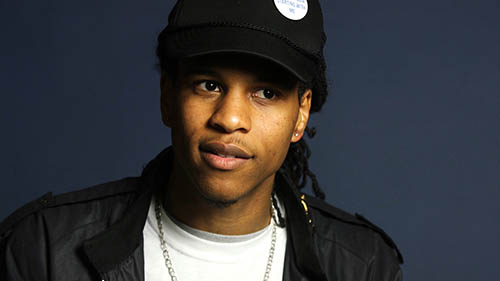
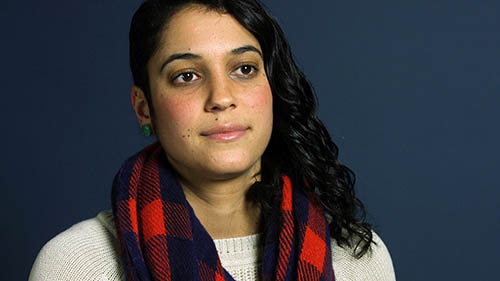
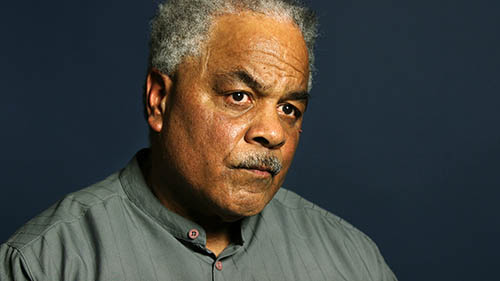
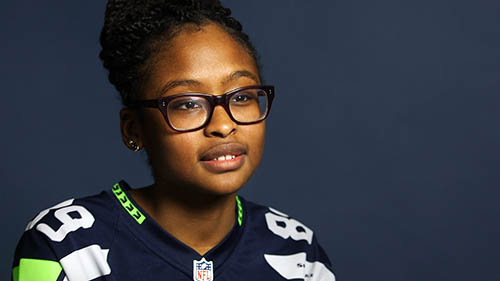
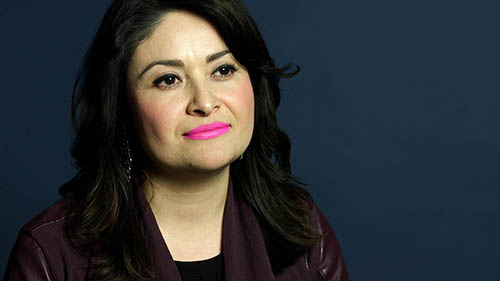
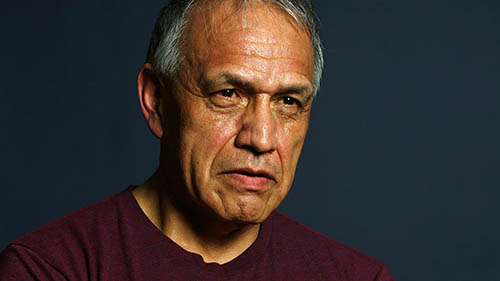

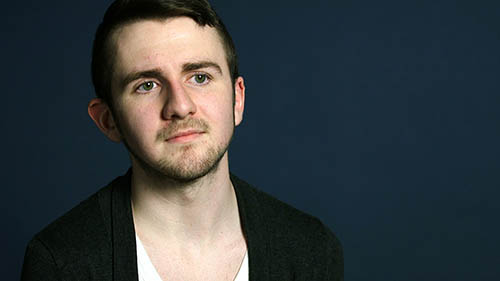
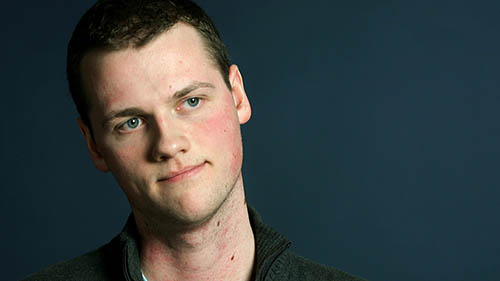
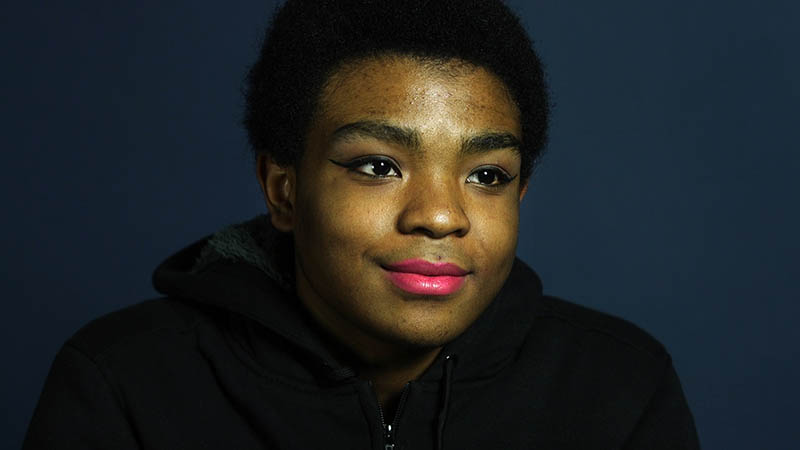
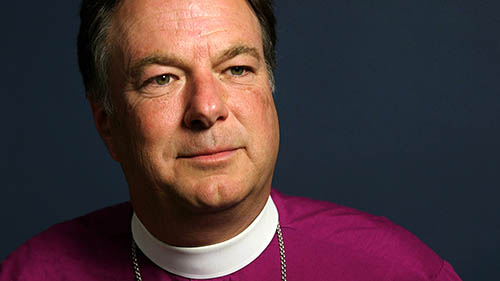
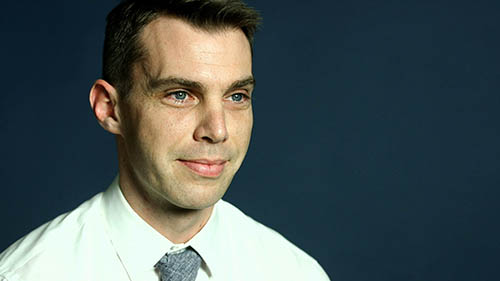
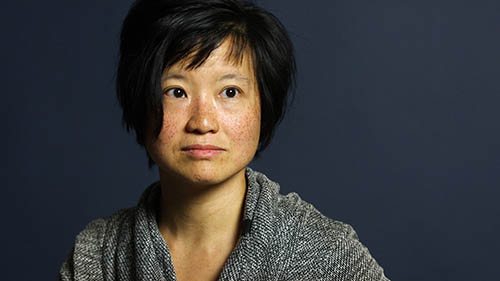
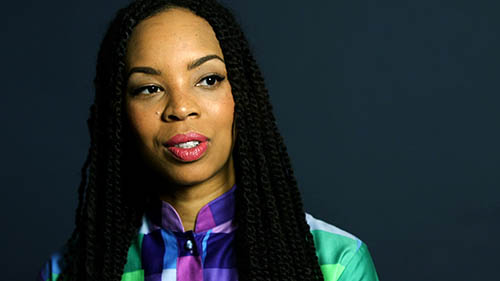
About this project
Under Our Skin grew out of conversations about how we at The Seattle Times cover race at a time when national and local events — the furor over police shootings, the rise of the Black Lives Matter movement, protests on college campuses and charged campaign rhetoric — dominate headlines.
In our newsroom, we’ve found ourselves talking more candidly about race and racism, subjects that simmer beneath the surface even when they’re not on the front page.
As a news organization, we’ve covered the local events as they’ve occurred, but we have a desire to probe the issues more deeply. And there have been instances when our stories have caused offense or led to misunderstandings. This project is just one effort under way in the newsroom to do things differently.
Discussions about race, inclusiveness and sensitivity clearly aren’t new. They can leave us feeling depleted and wondering whether anything has really changed. But we believe the personal reflections and stories from the people who participated in this project will inspire all of us to think and talk about these issues in a deeper way. For those who freeze up at the prospect of talking about race, we hope this project will help break the ice. For those who tend to take sides right away when the issue of race comes up, we hope Under Our Skin will challenge assumptions and build common ground.
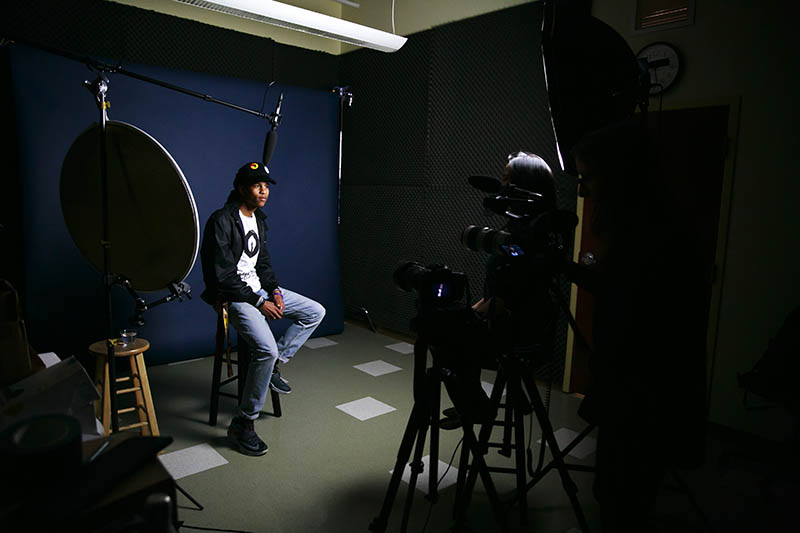
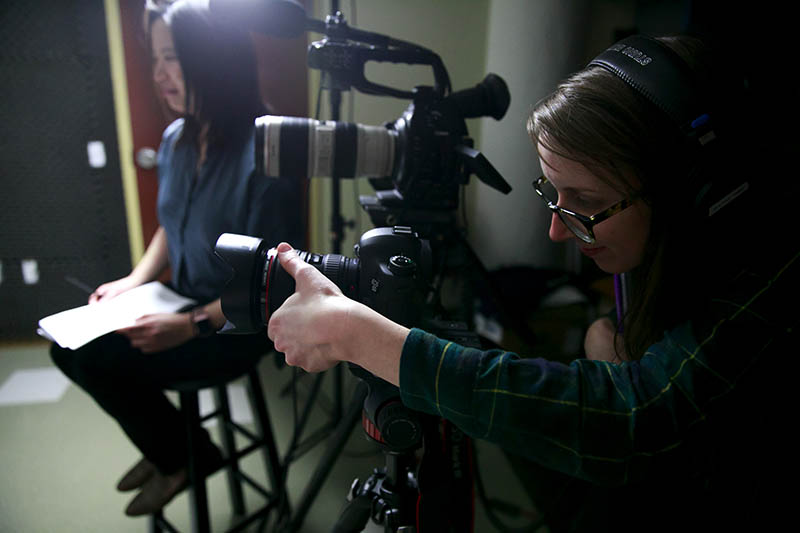
We decided to examine words and phrases that we noticed people using — and interpreting — very differently. Then we invited 18 people who represent a mix of backgrounds and perspectives to our video studio to talk about what those expressions mean to them. In a few cases, our subjects suggested terms we hadn’t included and we added them in subsequent interviews.
Our conversations went well beyond the words into the experiences in each of the interviewees’ lives. They often lasted several hours, and were insightful, thought-provoking, honest, at times funny — and sometimes uncomfortable.
We invite you to share the videos with friends, family, colleagues, students — and let us know what results from that. We’d also like to hear your ideas for future coverage because this is the beginning of what we hope will be an ongoing conversation with you, our viewers. You can reach us at underourskin@seattletimes.com.
With many thanks to our 18 interviewees, and all of you,
The Under Our Skin team

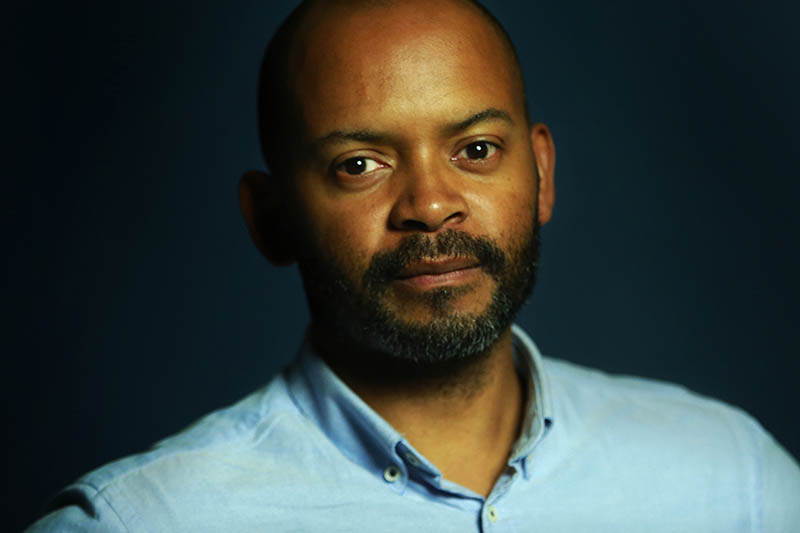
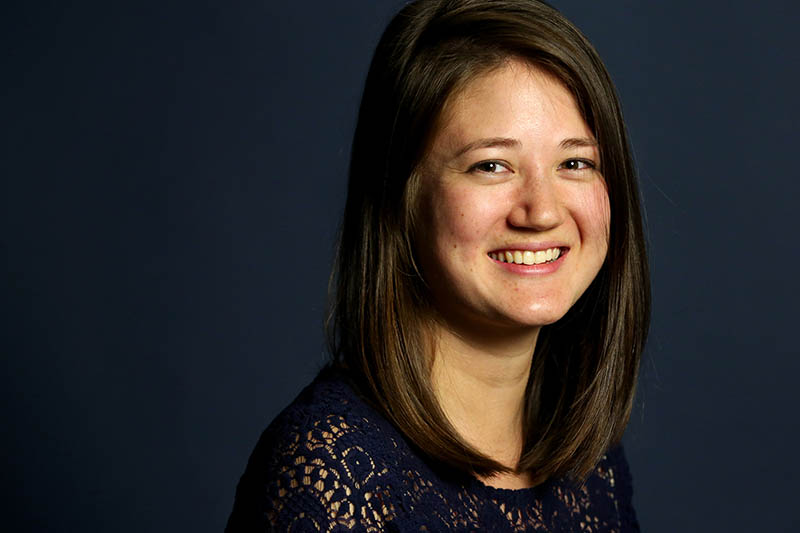

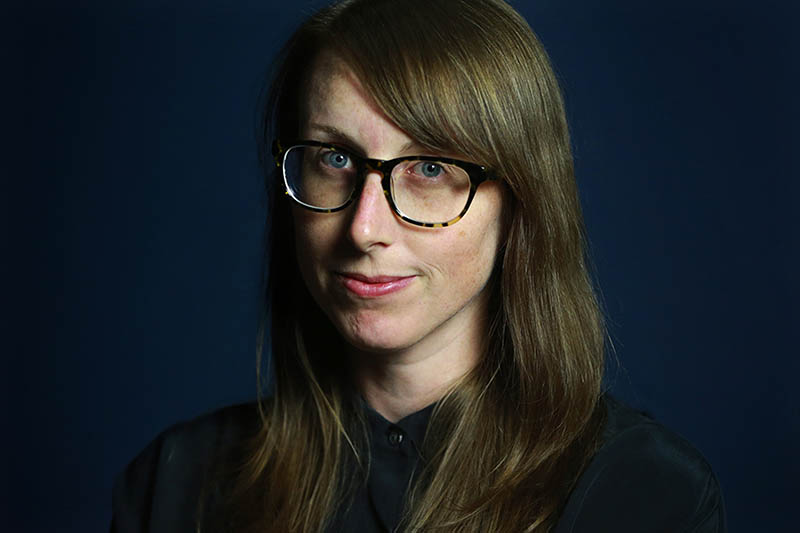
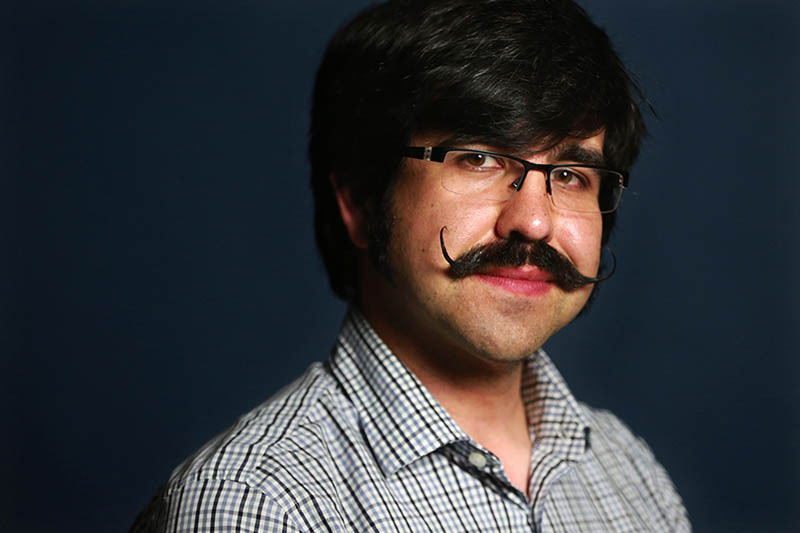
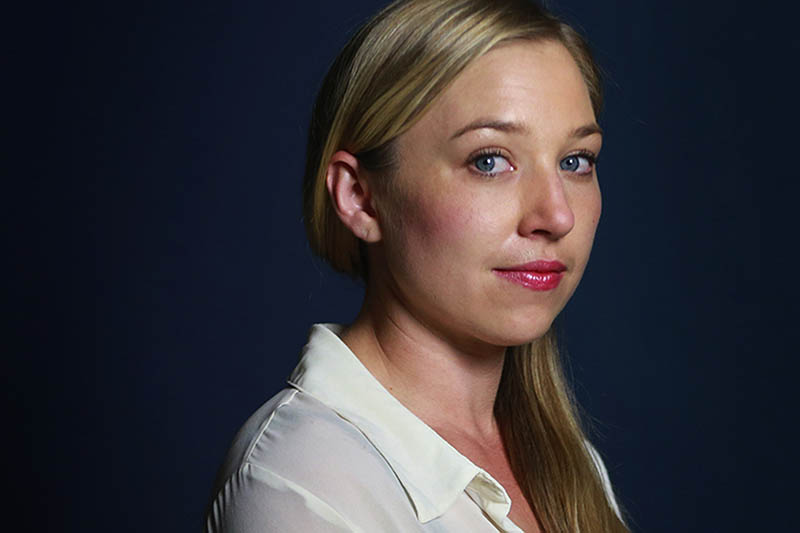

Additional music by Sergey Cheremisinov, Kevin MacLeod and Podington Bear
Special thanks to Brian Harding and George Marlowe
Originally published June 20, 2016